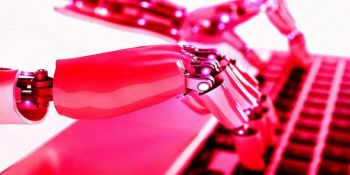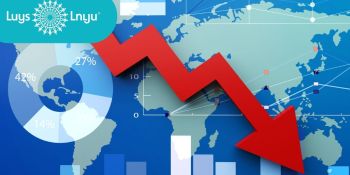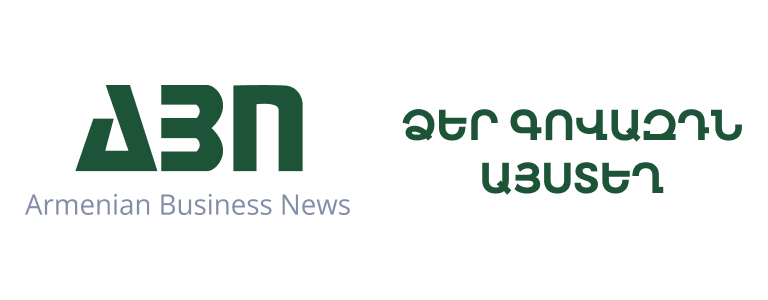-

Why is the boundary between a leader's professional and personal identity important?
2025/08/03/ 10:21 -

Three practical steps that will prevent you from losing the people who keep your business running
2025/08/01/ 17:17 -

IDBank's new premium business card – Mastercard Business Preferred
2025/08/01/ 12:45 -

Which professions will be the first to lose their jobs due to AI. Microsoft's warning
2025/07/31/ 14:21 -

Why do some organizations turn AI into a strength, while others fail?
2025/07/30/ 17:49 -

Gucci's management has changed against the backdrop of declining sales
2025/07/30/ 16:57 -

USA is exerting pressure to extract agreements
2025/07/30/ 14:36 -

The Armenian state budget has deviated from the course: what the analysis of the Luys Foundation says
2025/07/29/ 12:43 -

How does the Armenian economy respond to challenges? facts from the data for May-June
2025/07/28/ 12:40 -

Beating the heat, earning idcoins: Idram & IDBank
2025/07/25/ 17:36
 Subscribe
Subscribe














